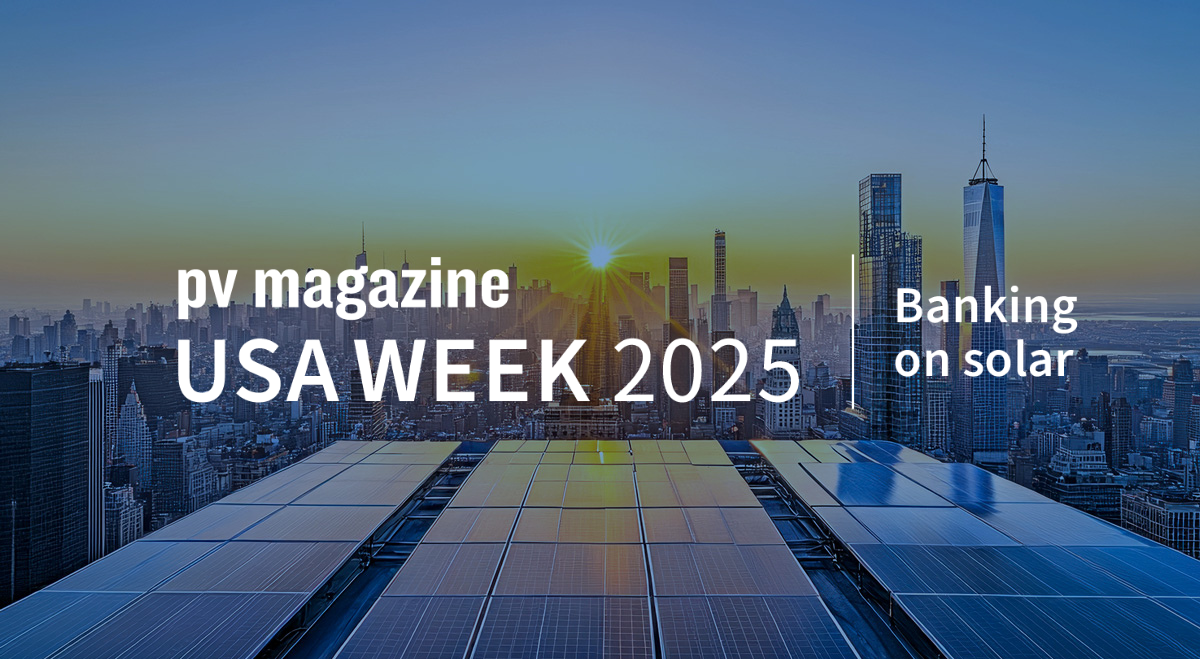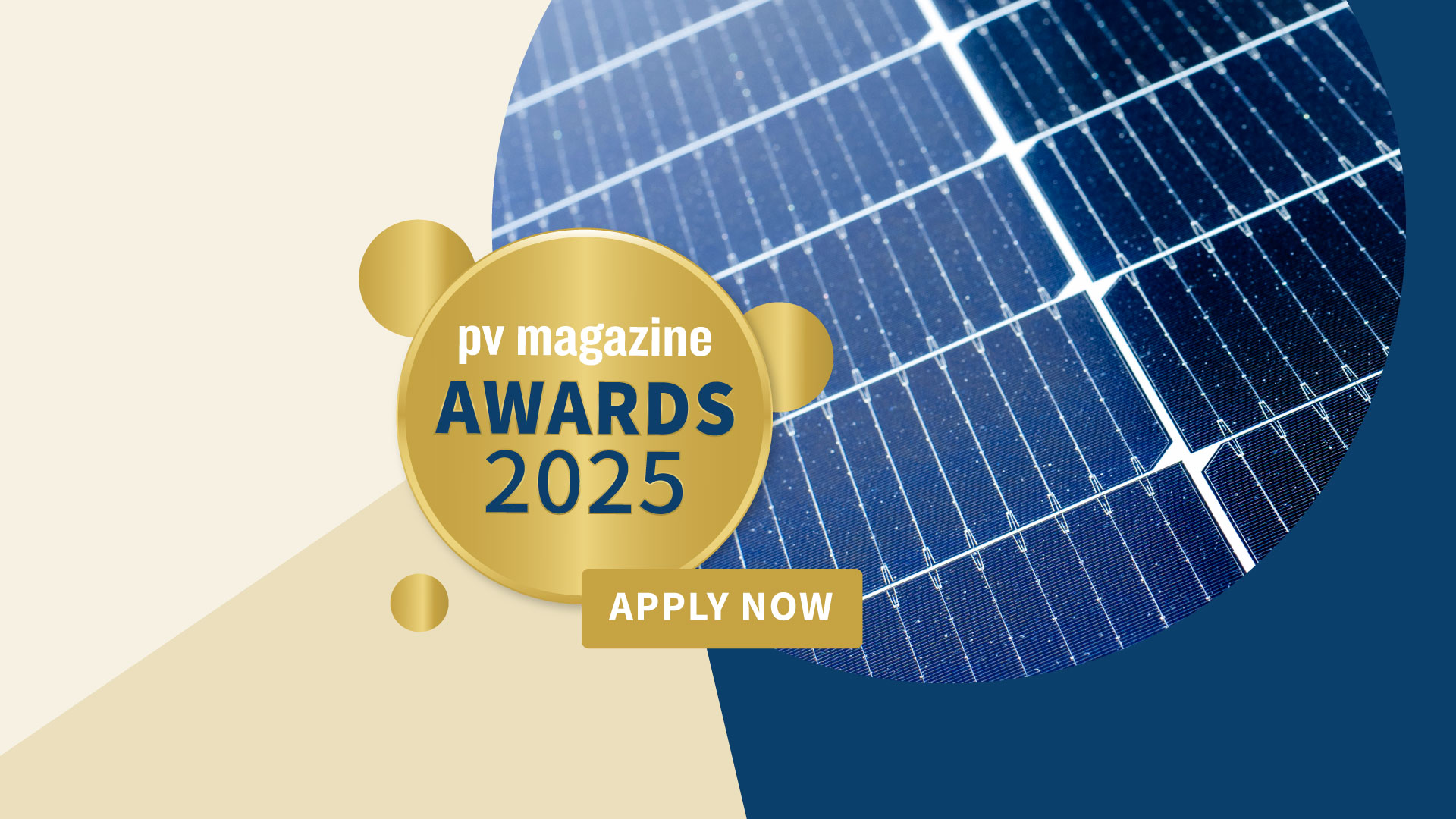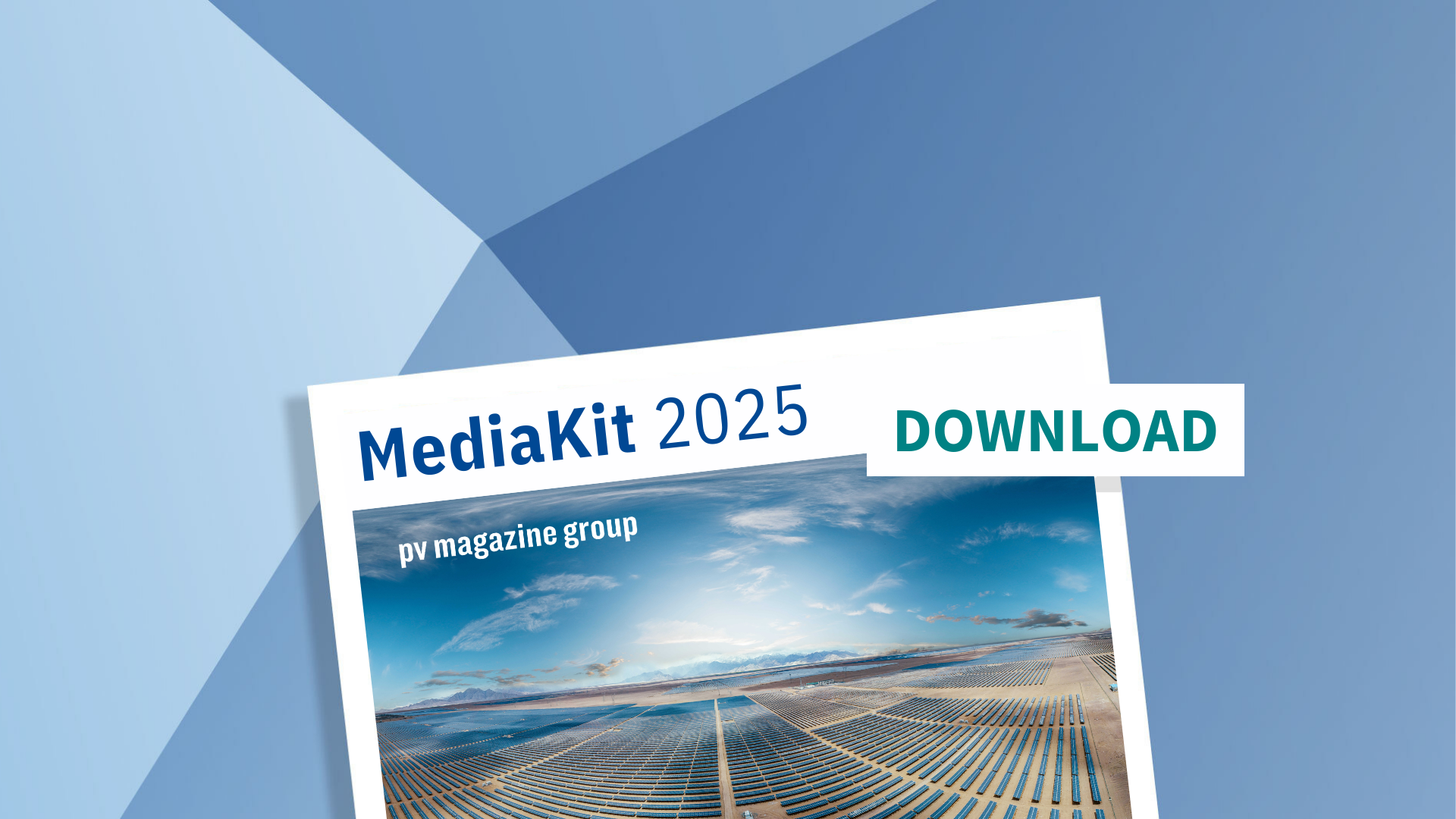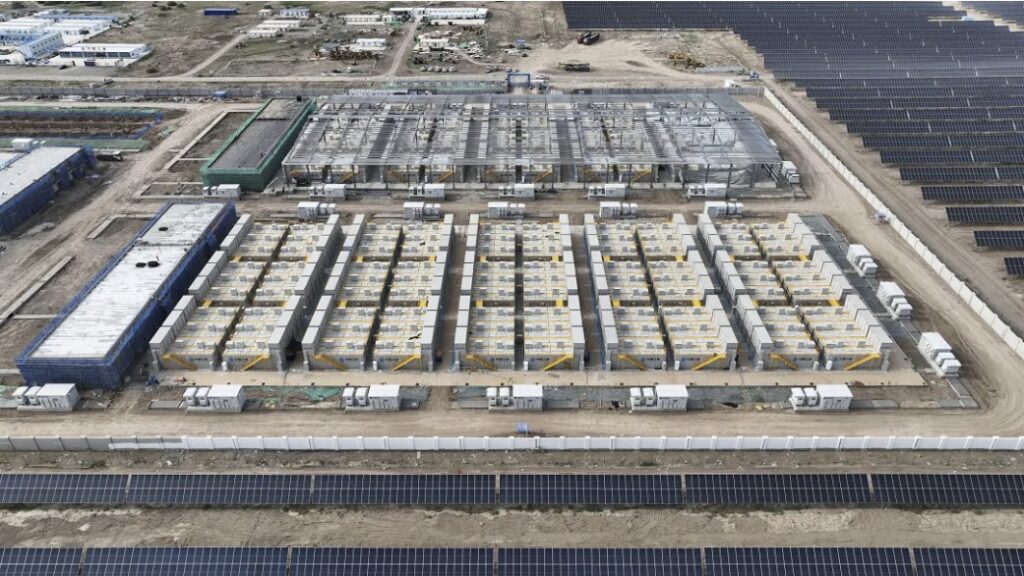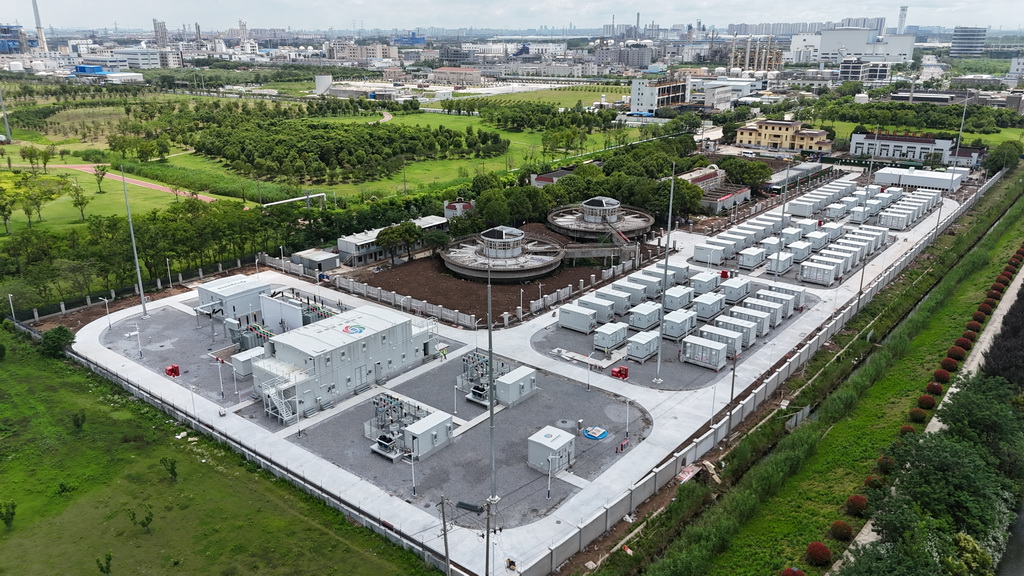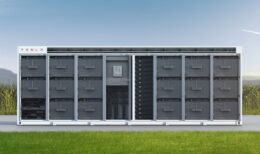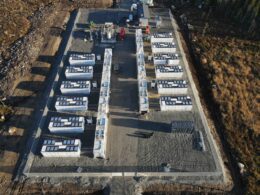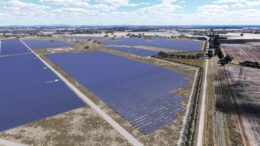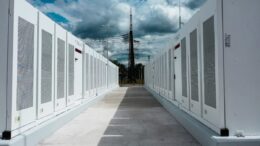Jordan’s new electricity law encourages investment in energy storage

Jordan has adopted a new electricity law which replaces the temporary legislation enacted in 2002 and encourages investment in electricity storage and green hydrogen projects under the public-private partership (PPP) model.
Minister of Energy and Mineral Resources, Saleh Kharabsheh, has said that the key benefits that distinguish the new law from the previous temporary regulations include provisions for licensed entities involved in electricity transmission, generation, or distribution to establish and operate energy storage facilities.
The minister also noted that the law allows private individuals to construct and operate their own energy storage stations for personal use, which is in turn expected to bolster grid security and encourage sustainable energy practices.
Furthermore, Kharabsheh said the new law will support green hydrogen projects by allowing self-generation and independent transmission of electricity without reliance on the national grid.
The new law is hailed as a major step towards fundamental changes in the Jordanian electricity sector, promoting competition and encouraging private sector investement with a focus on renewable energy.
Today, Jordan is one of the biggest energy importers in the world, with over 90% of the nation’s energy supply sourced abroad. According to the data from the International Energy Agency (IEA), in 2022, the country sourced over 47% of its total energy supply from oil and more than 41% from natural gas. Renewables accounted for 7.7% of the total energy supply and a staggering 74% of domestic energy production.

